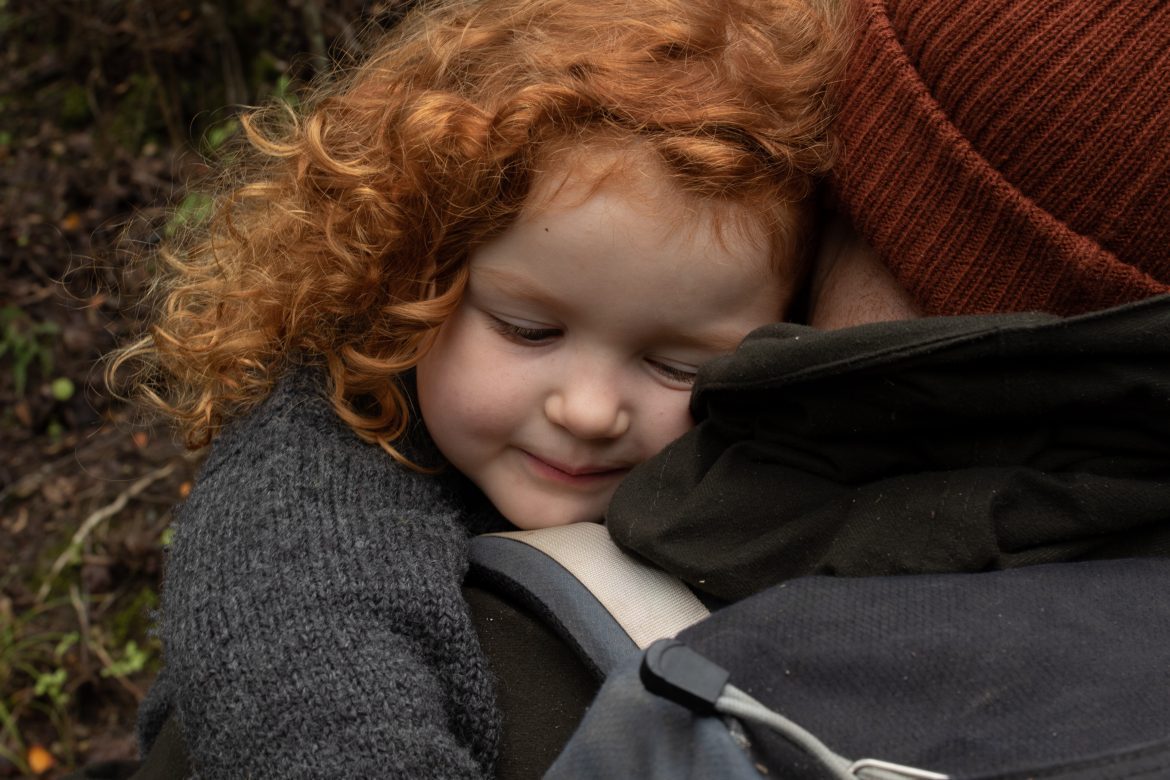By Lisa Smith, The Peaceful Parent
A couple years ago, I remember my then 11-year-old boy woke up on the wrong side of the bed. He was very unhappy with everyone, and at everything (including me). I couldn’t do anything right. My mere existence irritated him.
We drove to school in silence.
When we got there, he continued to look unhappy and even ignored me as I said goodbye. One of the school staff members looked at me with big eyes almost to say, “what is going on?” I explained “just my existence this morning is irritating to him.” My son nodded with a very grumpy look on his face.
The person said to him, “don’t treat your mum that way.”
I thought about it for a few seconds and said to her, “Oh no he isn’t treating me disrespectfully, he’s just feeling his feelings and we’re both okay with that.”
When I looked over at him, his whole demeanor changed.
He understood that “I got him.”
Feelings are never wrong – not yours, not your spouse’s, not your in-laws’ AND definitely not your kids’!
I know this is foreign to many of us…
We were raised by parents who told us to “stop crying or I’ll give you something to cry about!”
It is often very hard to see our kids upset. We love our kids and don’t want them to hurt.
I’m going to say it again to help it sink in…. feelings are never wrong.
You might not like that your child is mad that he has to turn off the Xbox, or put away the dishes, but he’s still entitled to his feelings! You might not like that your daughter is pissed that she can’t stay out past curfew, but she is entitled to feel her feelings.
Feelings Matter
Feelings, even the BIG ones, have a purpose. They help build confidence and self-esteem. They allow us to feel heard and know we count.
They teach us how to sort things out and stand up for ourselves when it counts. All of these are life skills that our children need to learn before leaving the nest.
And it all starts at home by letting your kids feel their feelings! It is not easy to embrace your children’s feelings. If you can’t embrace them, at least let your children experience their feelings. It’s a gift to your children and to you, because it leads to deep connection and a sense of belonging.











